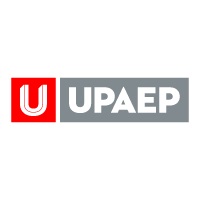- #1401+ QS Global World Ranking
- PrivateStatus
- HighResearch Output
- 10,046Total Students
- 687Faculty
- 214Int'l Students
The University’s position in the current QS World University Rankings.
Whether the University is funded by the government of that country or state, or funded by private donations.
The research intensity of the University, based on the number of papers output relative to the University’s size.
The number of full time equivalent students enrolled at the University.
The number of full time equivalent teaching staff employed by the University.
The number of full time equivalent international students enrolled at the University.
Universidad Popular Autonoma del Estado de Puebla (UPAEP)
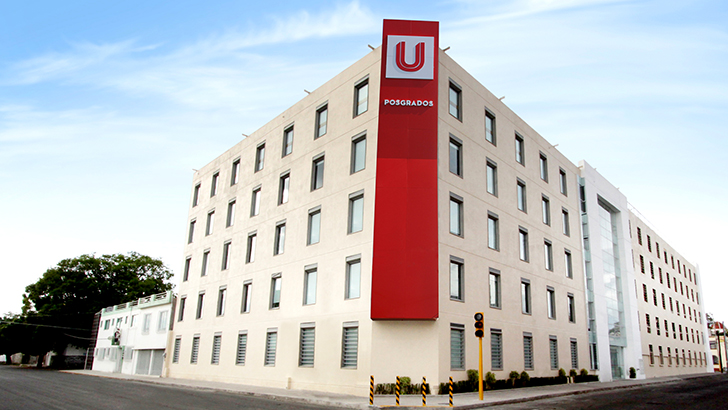
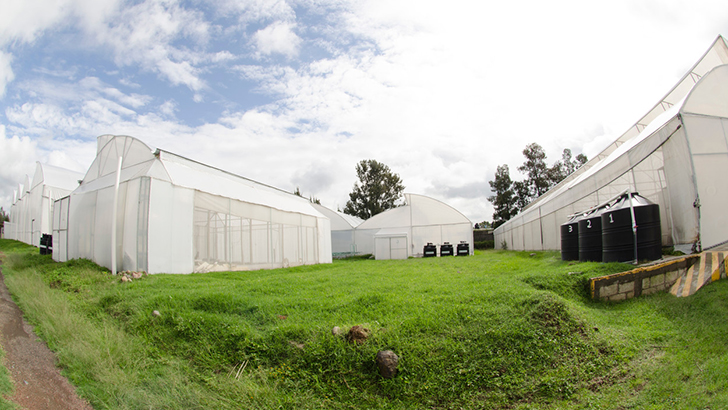
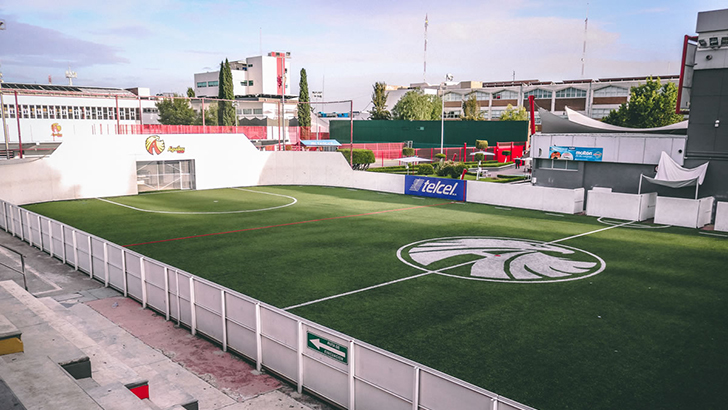
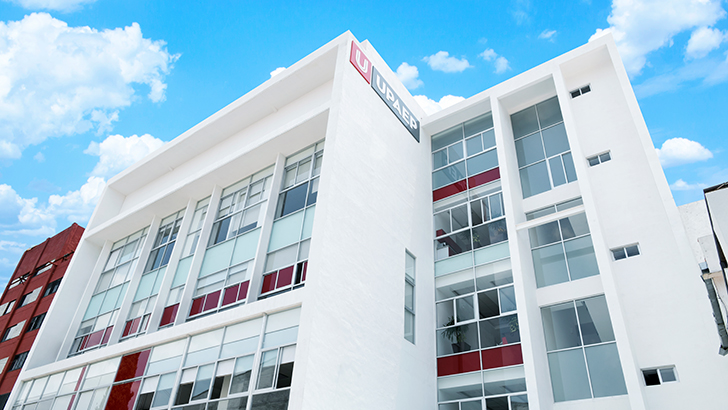
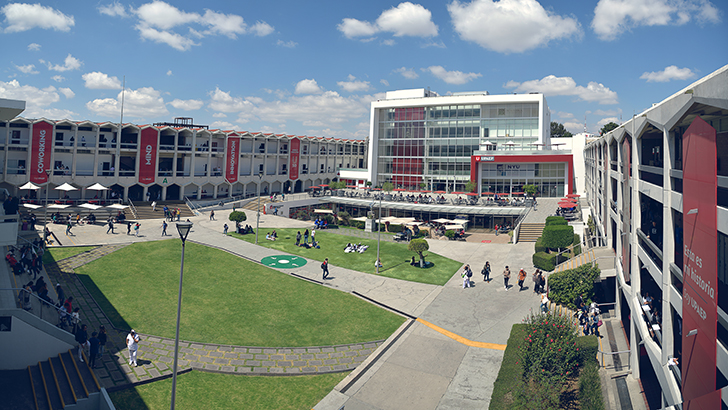
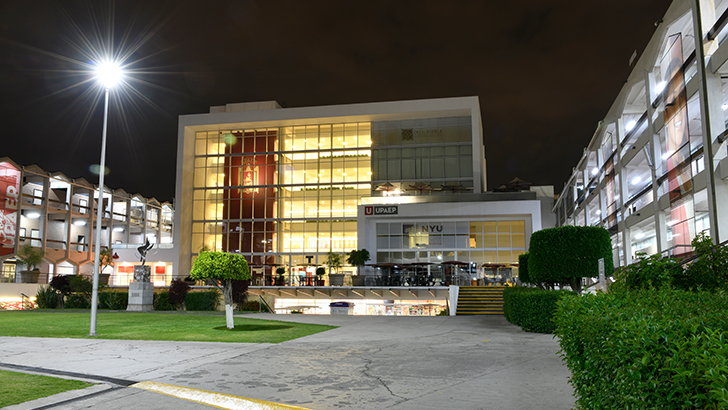
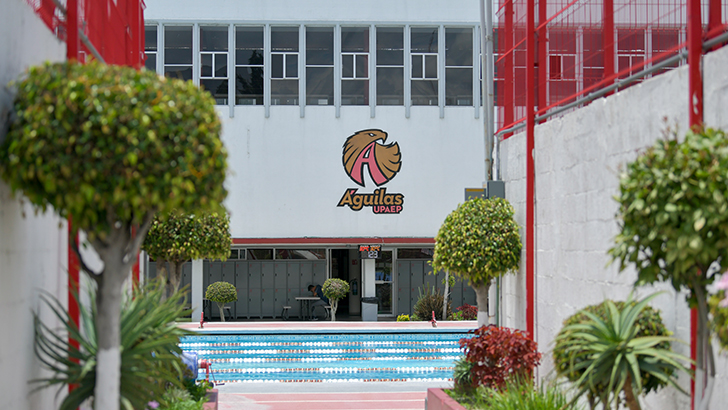
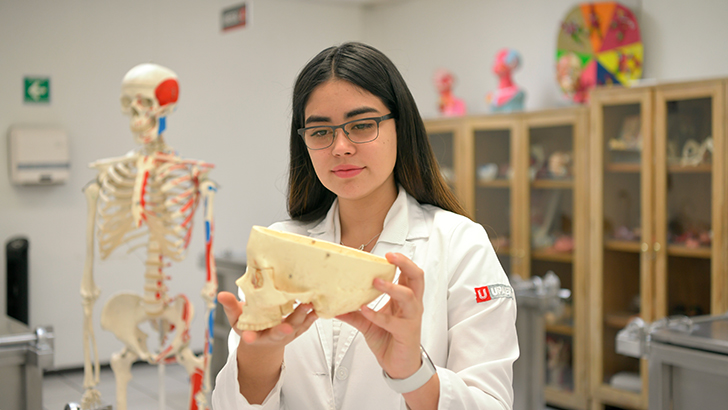
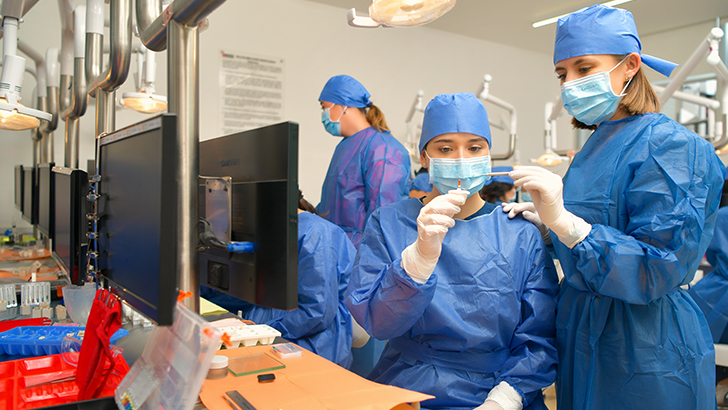
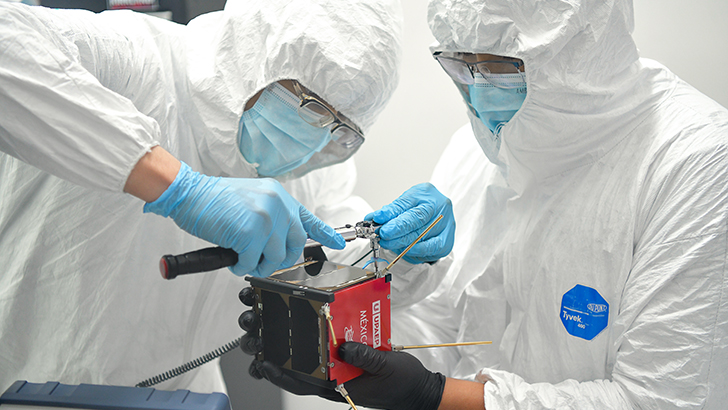
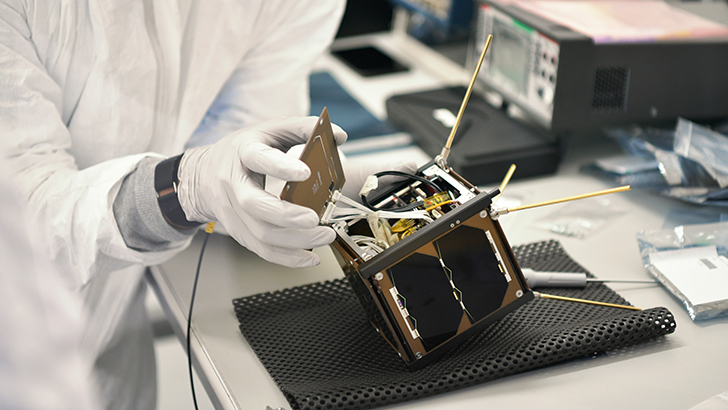
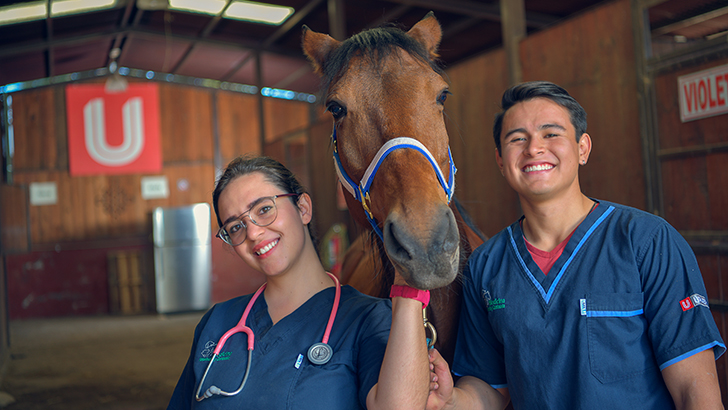
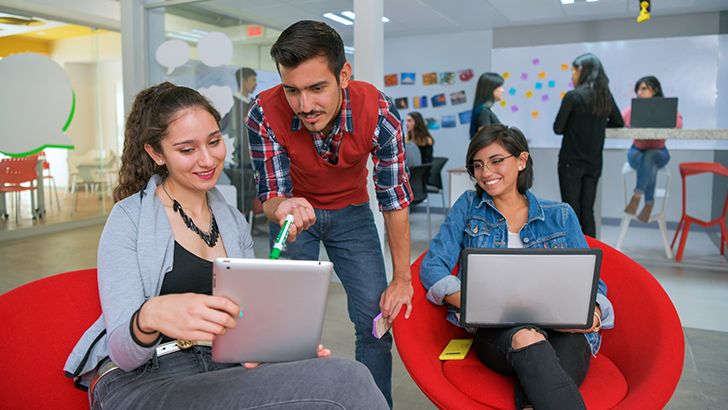
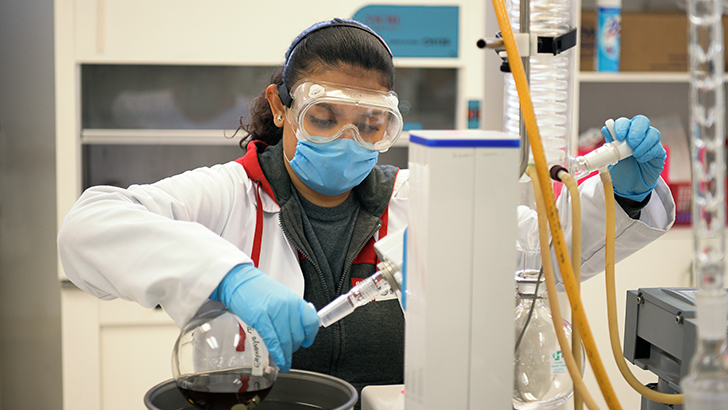
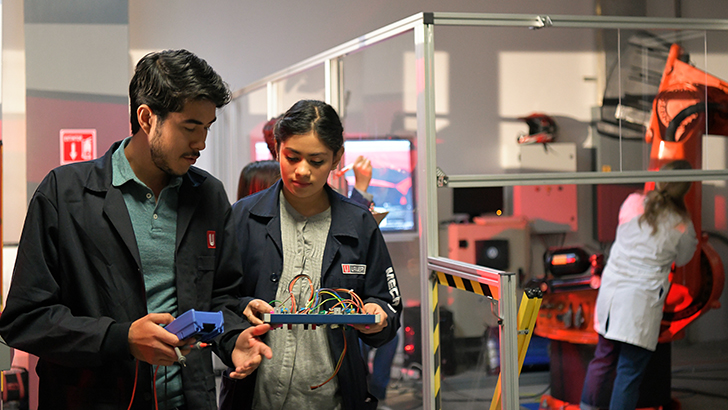
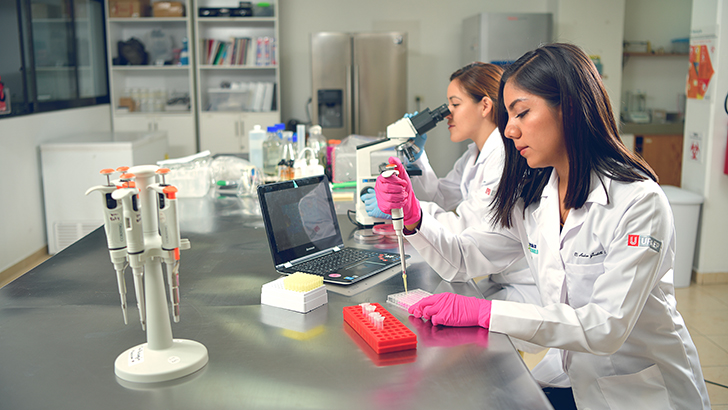

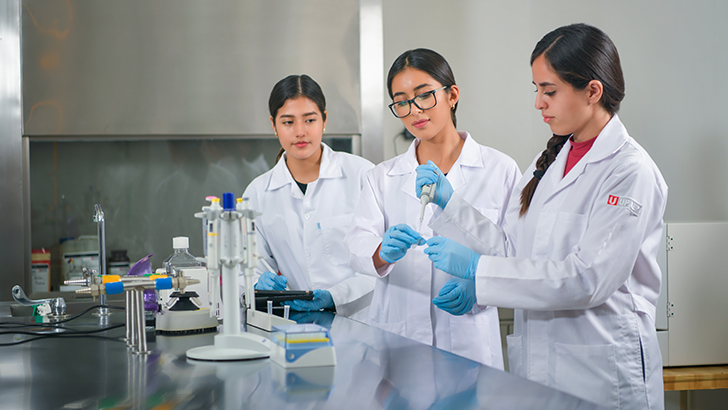
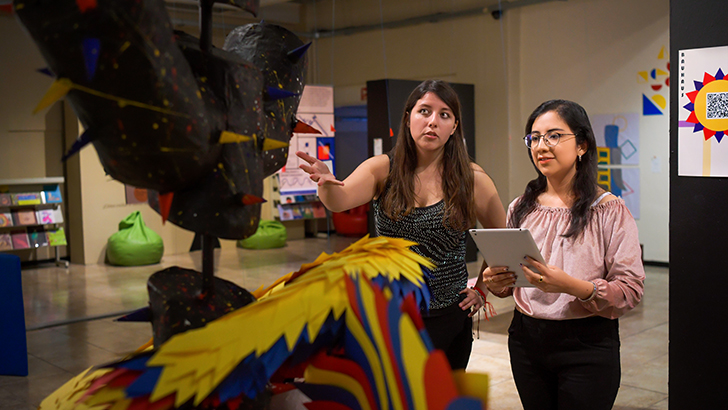
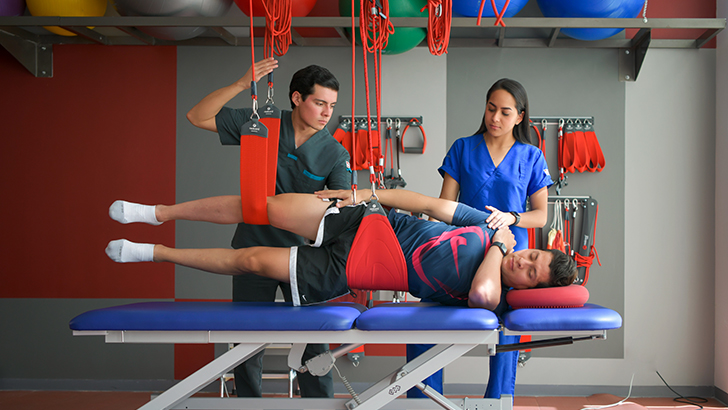
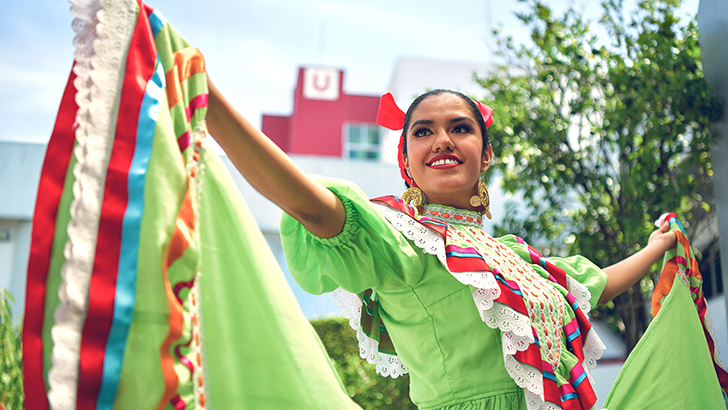
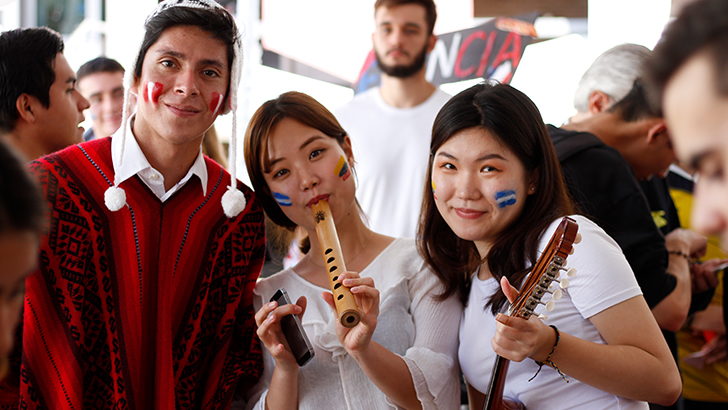

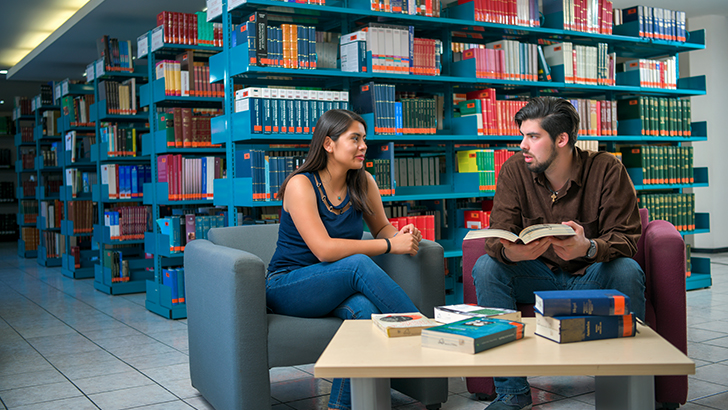
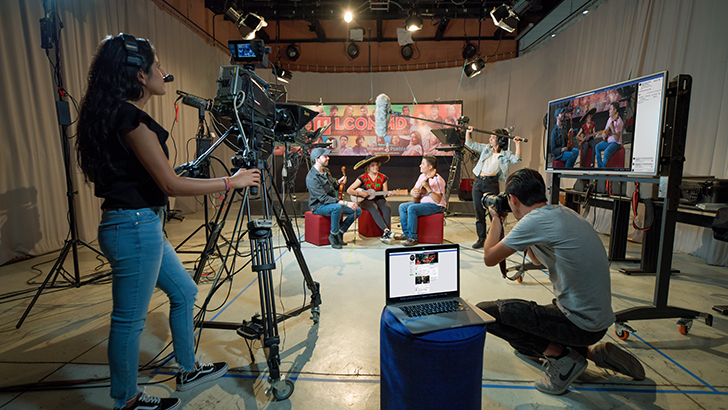
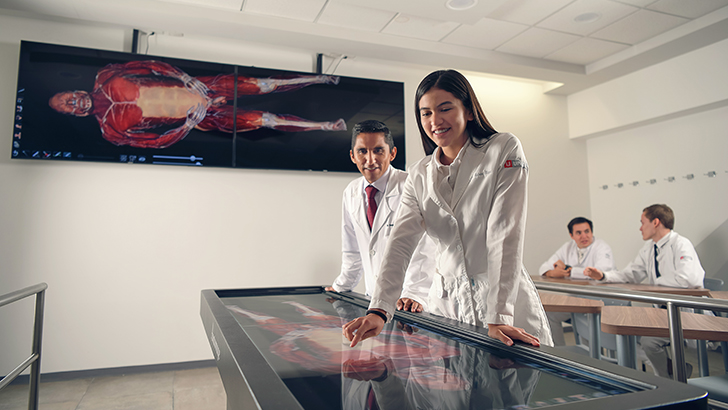
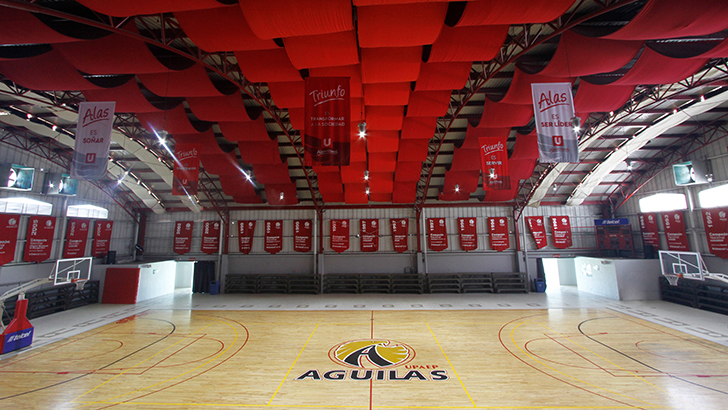
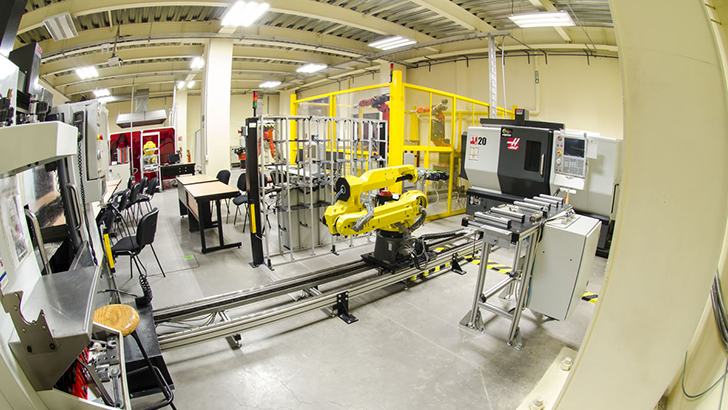
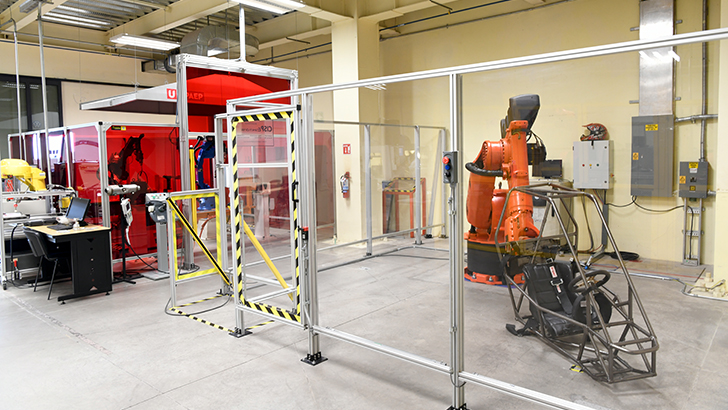
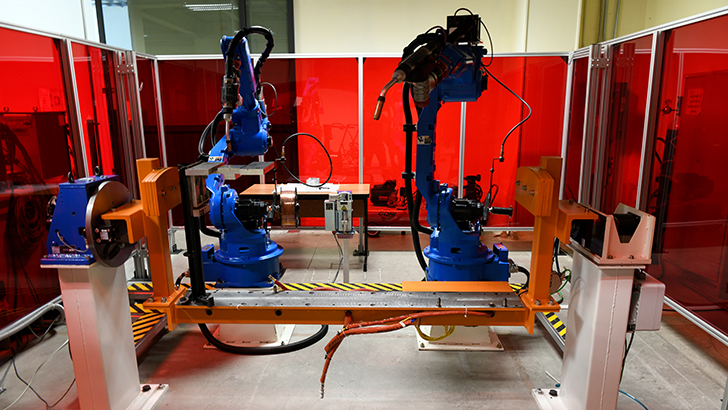
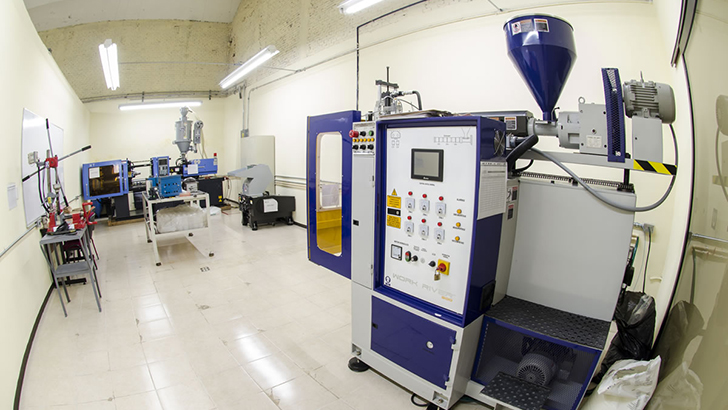
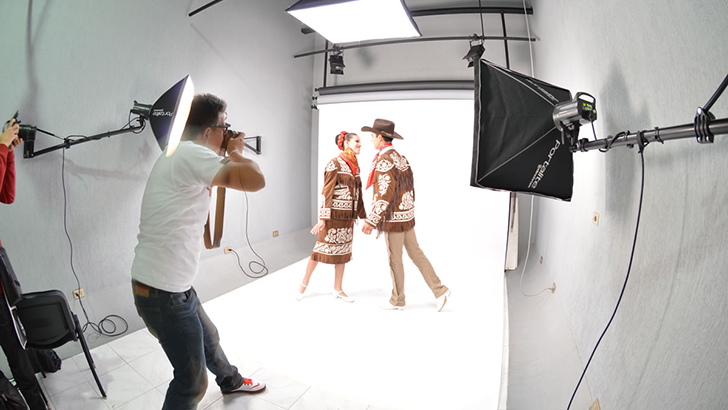
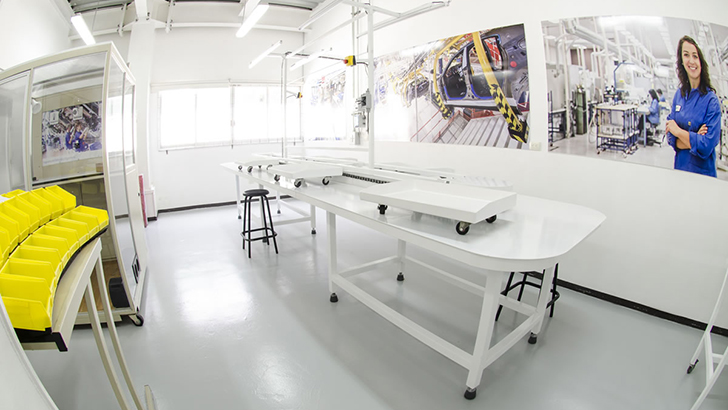
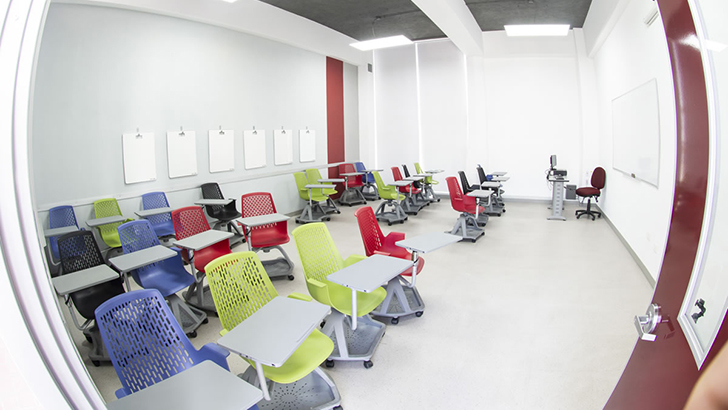
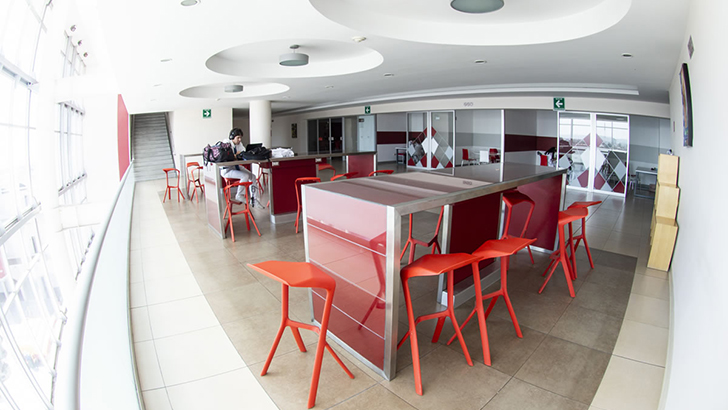
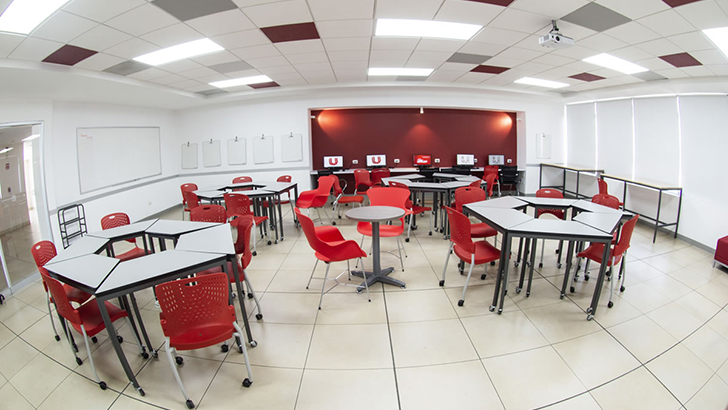
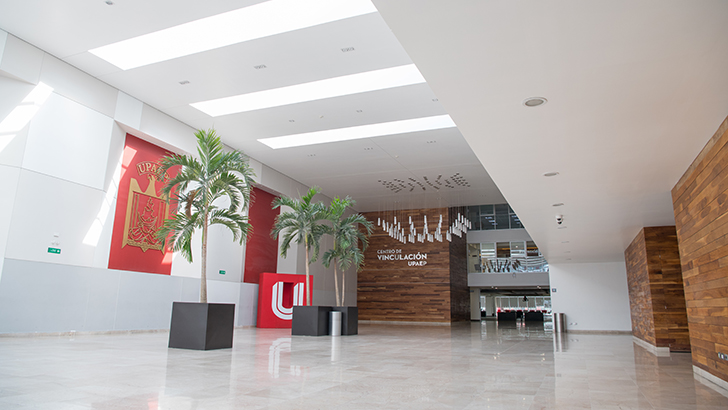
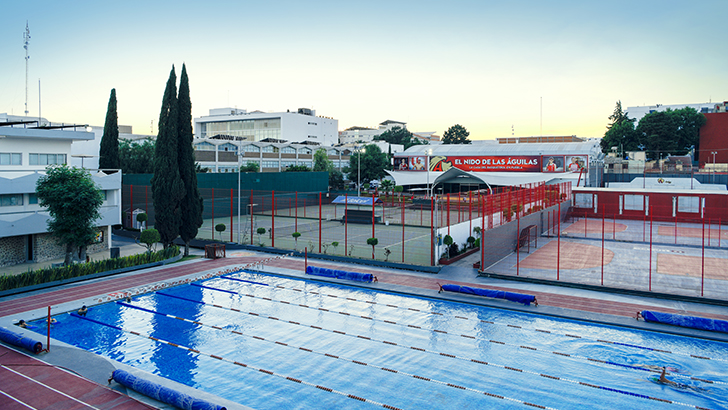
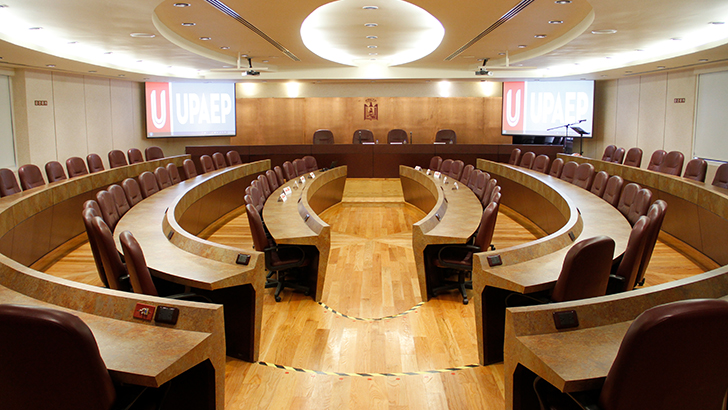
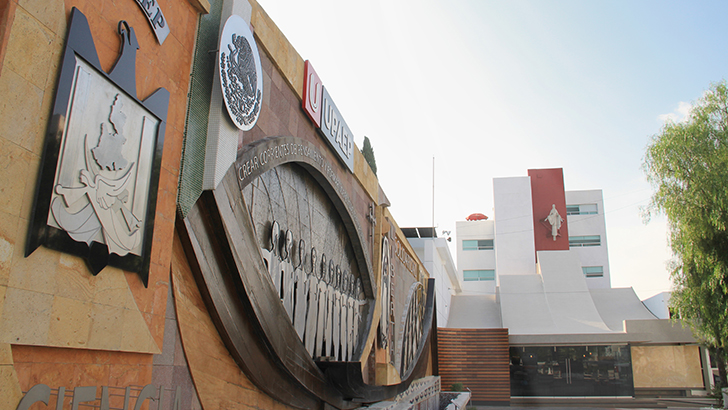















































About
COVID-19 Information: Please check the Admissions tab
Universidad Popular Autonoma del Estado de Puebla (UPAEP) is located in downtown Puebla City – two hours from the International Airport in Mexico City.
It is a university city whereby education is the primary outgoing.
Some of the institutions main strengths include:
• Academic quality: UPAEP has more than 40 years of experience in the realms of education. More than 60 of the professors belong to the National Research System, and have a strong focus on the professional and personal developments of students.
• Humanist background: The professional design of UPAEP is based on educational criteria. UPAEP’s identity is at the heart of its mission
• Educational model
• Internationalization: Global vision is fundamental at UPAEP from bachelor’s degree level to postgraduate
Although UPAEP has a multicultural character the main language spoken at the university is Spanish, but a majority of the classes incorporate English too.
The Languages Center offers classes in English, German, Chinese Mandarin, Italian, French, and Spanish for international students.
To find out more about the programs, you can visit the social media pages: Facebook; YouTube; Instagram; Twitter; LinkedIn
U50 Educational Model
The U50 Educational Model set up the path that UPAEP follows towards its 50th anniversary. The institutional philosophy, identity, and pedagogical approach are the fundamentals of the model, addressing its purpose to the achievement of the common good while responding to social challenges, thus creating streams of thought and molding leaders willing to transform society.
Our educational model takes inspiration from the phrase "Duc in Altum," which means "put out into the deep." The message encourages us to face new challenges in the search for the common good, by experiencing the value of education that strengthens its potential to transform social structures, within a culture of respect to human dignity and peaceful coexistence.
UPAEP's history and ideas are transmitted through the educational model, as well as through a system of comprehensive humanist education under Cristian thought (FIXH), socially-relevant academic systems (SAPS), and the transformational leadership program.
The U50 Educational Model is dynamic, open, and flexible; it encourages an educational vision that mobilizes and transforms society from a human person approach. Such transformation occurs in the light of knowledge and significant experiences in all areas of academic life. Social mobilization requires promoting truth as a basis for the construction of the common good.
The model integrates three distinctive dimensions that encourage engagement in the process of continuous analysis, reflection, and dialogue while providing scenarios for ethical discussion.
These dimensions are:
- Transparency and organizational commitment.
- Transversality and interculturality.
- Transcendence and transformation.
Transparency and organizational commitment. It involves the achievement of mutual goals gathering together all the efforts from areas and personnel considered within the organizational structure. Academic and formative functions are a priority, focusing the attention of management activities on these. This dimension promotes transparency in academic and management activities to ensure the fulfillment of all institutional goals under UPAEP's vision, which unifies the efforts of the university community as a whole.
Transversality and interculturality. It includes all the activities designed and evaluated according to the fundamentals and to the system of comprehensive humanist education under Cristian thought (FIHX), transmitted into all core activities; particularly, teaching, research, and university relation with society.
Programs are flexible, interdisciplinary, and intercultural, and they promote global thinking. They constitute a proposal of value and the foundations for the construction of the common good.
Transcendence and transformation. It explains how the educational process is a continuous and collaborative journey under the FIXH system, offering high-quality professional training in which academic excellence and specialists in different areas of knowledge provide a unique learning environment. The grounds of a professional orientation is the service commitment attitude centered on responsible solutions to address social problems while creating significant learning experiences through life projects that bring meaning and purpose.
Every formative process within this educational model empowers students to reach their full potential as human beings and to contribute to society's improvement. The students decide over their own needs for education, and the academic staff assumes the role of a mediator within the teaching-learning process.
The personal encounter through learning moments and significant authentic experiences is the way to achieve Transformational Leadership. At UPAEP, leaders can observe, judge, act, and influence different environments with integrity and congruence, practicing ethics and service.
The U50 Educational Model centers itself on the person and their human dignity in an environment of authenticity and meaningful work that explores numerous possibilities to develop abilities and skills. The pedagogics offer a high level of personalization and accompaniment.
Our educational model implements learning methodologies such as challenge-based learning, project-based learning, research-based learning, problem-based learning, relations-based learning, and service-learning, all of which encourage student involvement. In order to develop comprehensive and socially-relevant projects, the model gathers many other different methodologies.
Learning outcomes are the framework to foster and develop the UPAEP's student profile, which contributes to evaluating student transformation systematically.
UPAEP has two campuses – one in the city of Puebla and another in the city of Tehucán. Also, students can utilize UPAEP internet in association with the Intercontinental University located in Mexico City.
Facilities at UPAEP:
The university has 100 laboratories for teaching and 12 exclusively for research/investigation. Some of the most relevant ones include:
• Automotive
• Civil, Industrial and Electronic
• Manufacturing
• Mechatronic
• Psycho-cognition
• Virtual reality
• Dental clinic
• Business center
• Law firm
Outside of teaching facilities, there are also:
• Agriculture areas
• Health center
• Liaison center
• Sports facilities
• Quinze restaurant
• Library
• CESAT
Available support systems at UPAEP include:
• Library
• Videoconferencing
• University computer center with 22 different rooms
• EATI (Education supported by information technology): This includes the use of blackboard and working in teams
Four percent of the student body are international students. The most commonly represented countries are Columbia, the US, Germany, Ecuador, France, Cuba, the UK and more.
UPAEP offers a number of extracurricular activities including theater, singing, dancing, boxing, crossfit etc. Similarly, the UPAEP museum offers diverse exhibitions about the university community and society in general.
Students can also utilize traveling around Puebla State, as well as other regions including Oaxaca, Chiapas and Guerrero.
UPAEP students have two residential options:
• UPAEP university accommodation: Four buildings where students have access to 24-hour security, WiFi, study areas, television room, cafeteria etc.
• Zones near the university: As a urban university, there are a number of options available to live on your own, or with flat mates – with excellent transport links and services.
COVID-19 Information:
- What is the status of planned campus admission open days/tours?
Because of the contingency, public tours have been canceled. In order to continue providing an overview of UPAEP's facilities, we used our 360° video tour technology from the official website to create a brand new video in which web visitors can have a guided tour. The video is published at: https://youtu.be/tuLYnQ62Nf8.
- How can applicants contact the university about their application?
University’s staff continues serving applicants via WhatsApp at 2225799018; also, they can send us a message to admisiones@upaep.mx. Besides, by reviewing information the academic programs on our website, they have open access to a virtual office created by UPAEP’s promotions department to provide service.
- How is the university handling applicants whose exams have been canceled?
As an institutional policy, no exams have been canceled, and admission exams continue to be held online. We send information to applicants with instructions to carry out this part of the admission process.
- What advice is the university offering to applicants unable to take an English-language test due to centers being closed?
TOEFL test is applied only at the language labs; for this, we have instructed applicants to wait for new dates. In the case of English courses, they are given online as well as the proper exams within the programmed dates.
- How is the university supporting applicants whose visa applications have been delayed?
Students who applied for an exchange program during March, are currently receiving university’s acceptance letters via email as a temporary measure, while the physical letters required to obtain their Visa, are being sent to their homes. Students who submitted their application after March should wait until all restrictive public health measures end, to elaborate and sign letters, which are officially addressed to different embassies and consulates around the world.
- Is the university still accepting applications? Are there any restrictions being placed on international applicants?
The university is still accepting applications because the admission process is carried out online. International applicants have no restrictions; they are being informed that the acceptance letters required to apply for a Visa, will have a delay after the end of the public health emergency contingency.
- How are applications for university accommodation being handled?
Applications are being managed as usual. Students fill out and submit the application form online through UPAEP’s official website to receive the corresponding service.
https://upaep.mx/residencias
- Is the university making any changes to entry requirements (i.e., test results, required documents)?
Requirements continue to be the same, but, due to the closing of educational institutions, national aspirants have a special treatment regarding documents because it would not be possible to request updated documents.
International aspirants are sometimes required to sign a letter of commitment in order to submit the required documents within a reasonable deadline.
The admissions process to UPAEP varies depending on the level of study you’re applying to.
In general, you will need the following things:
• Have the appropriate previous grade/degree for your desired qualification at UPAEP
• For a bachelor’s degree, you need to be under 23 years old
• Have the relevant identification documents (INE, passport, birth certificate etc.)
For international students, you’ll need:
• Birth certificate (legalized as appropriate) translated into Spanish
• Transcript, academic records, qualification certificate etc.
• Copy of your passport
80 percent of bachelor’s degree graduates and 90 percent of postgraduates find work after graduation.
The university has a job placement program with conferences and meetings. In terms of networking, graduates can meet with program representatives.
About
COVID-19 Information: Please check the Admissions tab
Universidad Popular Autonoma del Estado de Puebla (UPAEP) is located in downtown Puebla City – two hours from the International Airport in Mexico City.
It is a university city whereby education is the primary outgoing.
Some of the institutions main strengths include:
• Academic quality: UPAEP has more than 40 years of experience in the realms of education. More than 60 of the professors belong to the National Research System, and have a strong focus on the professional and personal developments of students.
• Humanist background: The professional design of UPAEP is based on educational criteria. UPAEP’s identity is at the heart of its mission
• Educational model
• Internationalization: Global vision is fundamental at UPAEP from bachelor’s degree level to postgraduate
Although UPAEP has a multicultural character the main language spoken at the university is Spanish, but a majority of the classes incorporate English too.
The Languages Center offers classes in English, German, Chinese Mandarin, Italian, French, and Spanish for international students.
To find out more about the programs, you can visit the social media pages: Facebook; YouTube; Instagram; Twitter; LinkedIn
U50 Educational Model
The U50 Educational Model set up the path that UPAEP follows towards its 50th anniversary. The institutional philosophy, identity, and pedagogical approach are the fundamentals of the model, addressing its purpose to the achievement of the common good while responding to social challenges, thus creating streams of thought and molding leaders willing to transform society.
Our educational model takes inspiration from the phrase "Duc in Altum," which means "put out into the deep." The message encourages us to face new challenges in the search for the common good, by experiencing the value of education that strengthens its potential to transform social structures, within a culture of respect to human dignity and peaceful coexistence.
UPAEP's history and ideas are transmitted through the educational model, as well as through a system of comprehensive humanist education under Cristian thought (FIXH), socially-relevant academic systems (SAPS), and the transformational leadership program.
The U50 Educational Model is dynamic, open, and flexible; it encourages an educational vision that mobilizes and transforms society from a human person approach. Such transformation occurs in the light of knowledge and significant experiences in all areas of academic life. Social mobilization requires promoting truth as a basis for the construction of the common good.
The model integrates three distinctive dimensions that encourage engagement in the process of continuous analysis, reflection, and dialogue while providing scenarios for ethical discussion.
These dimensions are:
- Transparency and organizational commitment.
- Transversality and interculturality.
- Transcendence and transformation.
Transparency and organizational commitment. It involves the achievement of mutual goals gathering together all the efforts from areas and personnel considered within the organizational structure. Academic and formative functions are a priority, focusing the attention of management activities on these. This dimension promotes transparency in academic and management activities to ensure the fulfillment of all institutional goals under UPAEP's vision, which unifies the efforts of the university community as a whole.
Transversality and interculturality. It includes all the activities designed and evaluated according to the fundamentals and to the system of comprehensive humanist education under Cristian thought (FIHX), transmitted into all core activities; particularly, teaching, research, and university relation with society.
Programs are flexible, interdisciplinary, and intercultural, and they promote global thinking. They constitute a proposal of value and the foundations for the construction of the common good.
Transcendence and transformation. It explains how the educational process is a continuous and collaborative journey under the FIXH system, offering high-quality professional training in which academic excellence and specialists in different areas of knowledge provide a unique learning environment. The grounds of a professional orientation is the service commitment attitude centered on responsible solutions to address social problems while creating significant learning experiences through life projects that bring meaning and purpose.
Every formative process within this educational model empowers students to reach their full potential as human beings and to contribute to society's improvement. The students decide over their own needs for education, and the academic staff assumes the role of a mediator within the teaching-learning process.
The personal encounter through learning moments and significant authentic experiences is the way to achieve Transformational Leadership. At UPAEP, leaders can observe, judge, act, and influence different environments with integrity and congruence, practicing ethics and service.
The U50 Educational Model centers itself on the person and their human dignity in an environment of authenticity and meaningful work that explores numerous possibilities to develop abilities and skills. The pedagogics offer a high level of personalization and accompaniment.
Our educational model implements learning methodologies such as challenge-based learning, project-based learning, research-based learning, problem-based learning, relations-based learning, and service-learning, all of which encourage student involvement. In order to develop comprehensive and socially-relevant projects, the model gathers many other different methodologies.
Learning outcomes are the framework to foster and develop the UPAEP's student profile, which contributes to evaluating student transformation systematically.
UPAEP has two campuses – one in the city of Puebla and another in the city of Tehucán. Also, students can utilize UPAEP internet in association with the Intercontinental University located in Mexico City.
Facilities at UPAEP:
The university has 100 laboratories for teaching and 12 exclusively for research/investigation. Some of the most relevant ones include:
• Automotive
• Civil, Industrial and Electronic
• Manufacturing
• Mechatronic
• Psycho-cognition
• Virtual reality
• Dental clinic
• Business center
• Law firm
Outside of teaching facilities, there are also:
• Agriculture areas
• Health center
• Liaison center
• Sports facilities
• Quinze restaurant
• Library
• CESAT
Available support systems at UPAEP include:
• Library
• Videoconferencing
• University computer center with 22 different rooms
• EATI (Education supported by information technology): This includes the use of blackboard and working in teams
Four percent of the student body are international students. The most commonly represented countries are Columbia, the US, Germany, Ecuador, France, Cuba, the UK and more.
UPAEP offers a number of extracurricular activities including theater, singing, dancing, boxing, crossfit etc. Similarly, the UPAEP museum offers diverse exhibitions about the university community and society in general.
Students can also utilize traveling around Puebla State, as well as other regions including Oaxaca, Chiapas and Guerrero.
UPAEP students have two residential options:
• UPAEP university accommodation: Four buildings where students have access to 24-hour security, WiFi, study areas, television room, cafeteria etc.
• Zones near the university: As a urban university, there are a number of options available to live on your own, or with flat mates – with excellent transport links and services.
COVID-19 Information:
- What is the status of planned campus admission open days/tours?
Because of the contingency, public tours have been canceled. In order to continue providing an overview of UPAEP's facilities, we used our 360° video tour technology from the official website to create a brand new video in which web visitors can have a guided tour. The video is published at: https://youtu.be/tuLYnQ62Nf8.
- How can applicants contact the university about their application?
University’s staff continues serving applicants via WhatsApp at 2225799018; also, they can send us a message to admisiones@upaep.mx. Besides, by reviewing information the academic programs on our website, they have open access to a virtual office created by UPAEP’s promotions department to provide service.
- How is the university handling applicants whose exams have been canceled?
As an institutional policy, no exams have been canceled, and admission exams continue to be held online. We send information to applicants with instructions to carry out this part of the admission process.
- What advice is the university offering to applicants unable to take an English-language test due to centers being closed?
TOEFL test is applied only at the language labs; for this, we have instructed applicants to wait for new dates. In the case of English courses, they are given online as well as the proper exams within the programmed dates.
- How is the university supporting applicants whose visa applications have been delayed?
Students who applied for an exchange program during March, are currently receiving university’s acceptance letters via email as a temporary measure, while the physical letters required to obtain their Visa, are being sent to their homes. Students who submitted their application after March should wait until all restrictive public health measures end, to elaborate and sign letters, which are officially addressed to different embassies and consulates around the world.
- Is the university still accepting applications? Are there any restrictions being placed on international applicants?
The university is still accepting applications because the admission process is carried out online. International applicants have no restrictions; they are being informed that the acceptance letters required to apply for a Visa, will have a delay after the end of the public health emergency contingency.
- How are applications for university accommodation being handled?
Applications are being managed as usual. Students fill out and submit the application form online through UPAEP’s official website to receive the corresponding service.
https://upaep.mx/residencias
- Is the university making any changes to entry requirements (i.e., test results, required documents)?
Requirements continue to be the same, but, due to the closing of educational institutions, national aspirants have a special treatment regarding documents because it would not be possible to request updated documents.
International aspirants are sometimes required to sign a letter of commitment in order to submit the required documents within a reasonable deadline.
The admissions process to UPAEP varies depending on the level of study you’re applying to.
In general, you will need the following things:
• Have the appropriate previous grade/degree for your desired qualification at UPAEP
• For a bachelor’s degree, you need to be under 23 years old
• Have the relevant identification documents (INE, passport, birth certificate etc.)
For international students, you’ll need:
• Birth certificate (legalized as appropriate) translated into Spanish
• Transcript, academic records, qualification certificate etc.
• Copy of your passport
80 percent of bachelor’s degree graduates and 90 percent of postgraduates find work after graduation.
The university has a job placement program with conferences and meetings. In terms of networking, graduates can meet with program representatives.
University highlights
- 2023#1201-1400
- 2024#1201-1400
- 2025#1401+
Related content


